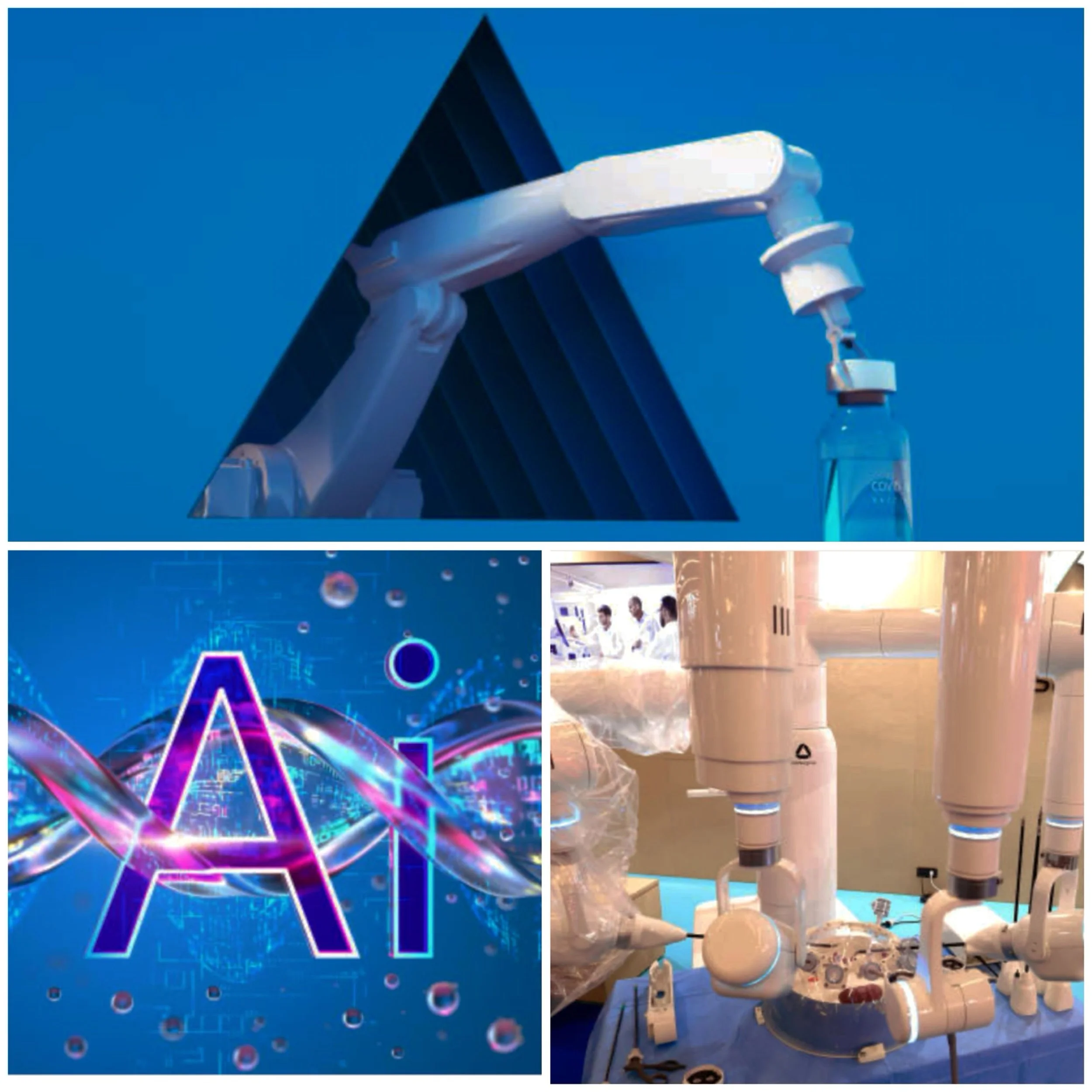What role does AI play in the advancement of medical devices
Introduction
AI is playing a transformative role in the advancement of medical devices, driving innovation across various aspects of healthcare. Here are the key ways AI is impacting medical device development and usage:
Enhancing Diagnostic Accuracy
AI algorithms analyze vast amounts of medical data, including images and lab results, to detect diseases earlier and more accurately.
In medical imaging, AI-enhanced devices from companies like GE Healthcare and Aidoc can spot anomalies in radiographs, MRIs, and CT scans that human eyes might miss.
The number of FDA-cleared AI-enabled medical devices has increased tenfold since 2020, with around 700 now on the market.
Enabling Personalized Medicine
AI helps customize medical devices to address specific patient needs by analyzing individual patient data.
Wearable devices and smart implants use AI to continuously monitor vital signs and health metrics, providing real-time feedback.
This ongoing monitoring allows for the development of personalized treatment plans that adapt to the patient’s evolving health status.
Advancing Robotic Surgery
AI-driven robotic systems, like Intuitive Surgical’s da Vinci, improve surgical precision and reduce complications.
These systems learn from previous surgeries, continually enhancing their performance and offering superior control compared to traditional methods.
Optimizing Device Maintenance
AI algorithms predict device failures, enabling preemptive repairs and minimizing downtime.
Companies like Medtronic and Stryker use AI to analyze usage patterns, detect early signs of wear, and recommend maintenance schedules.
Streamlining Clinical Trials and Compliance
AI facilitates efficient recruitment of trial participants and enables real-time monitoring and analysis of trial data.
AI helps medical devices adhere to FDA regulations by continuously monitoring compliance parameters.
Improving Patient Outcomes
AI-powered diagnostic tools lead to earlier and more accurate diagnoses, enabling timely interventions and better treatment outcomes.
AI algorithms create personalized treatment plans, enhancing therapy effectiveness and reducing side effects.
AI-driven remote monitoring systems help better manage chronic conditions like diabetes and heart disease.
Advancing Medical Imaging
AI is being used to reduce image noise, resulting in clearer scans.
Machine learning combined with AI can shorten overall scan times, reducing radioactive exposure and improving patient comfort.
AI and deep learning models can identify common abnormalities in diagnostic images automatically.
Conclusion
AI is revolutionizing medical devices by improving diagnostic accuracy, enabling personalized care, enhancing surgical precision, optimizing device maintenance, and streamlining clinical trials. As AI technology continues to evolve, its integration into medical devices promises to deliver smarter, more efficient, and significantly more effective healthcare solutions.





